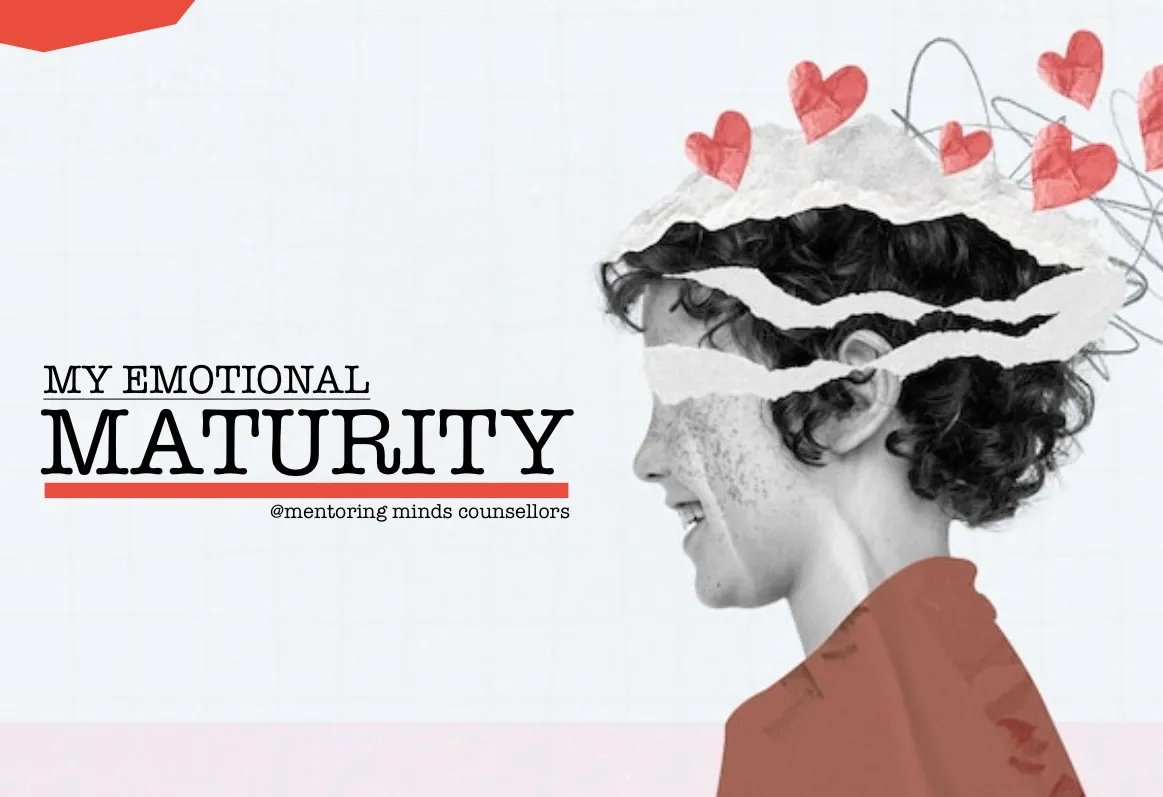Emotional maturity isn’t about hiding your emotions or always staying calm it’s about understanding your emotions, managing them wisely, and responding to life’s challenges with a grounded sense of self. It’s a quiet strength, not a loud show. And in today’s world, developing emotional maturity is one of the most powerful things you can do for your personal growth, your relationships, and your peace of mind.
What Is Emotional Maturity?
At its core, emotional maturity is the ability to manage your emotions in a healthy, balanced, and thoughtful way. It’s when you can:
- Take responsibility for your feelings and actions
- Understand that your emotions don’t define you
- Respond instead of reacting
- Empathize with others without absorbing their drama
- Handle conflict with patience and perspective
An emotionally mature person doesn’t seek control, approval, or validation from the outside world. Instead, they work from within knowing that self-awareness and emotional regulation are their greatest allies.
Signs of Emotional Maturity
- You don’t blame others for your unhappiness.
You’ve stopped playing the victim and started owning your choices. - You set boundaries without guilt.
You understand that saying no is an act of self-respect, not selfishness. - You apologize when you’re wrong and mean it.
Because your ego doesn’t run the show anymore. - You’re not easily offended.
You don’t take things personally because you’ve learned that most people’s behavior reflects their own internal battles. - You need to stay calm in chaos.
Not because you don’t feel anything, but because you’ve learned how to process emotions before reacting.
How Can Someone Achieve Emotional Maturity?
It’s not a one-time destination. It’s a practice. A journey. And like all meaningful things, it takes time, reflection, and intentional effort. Here are some ways to start:
1. Knowing about YOU
Emotional maturity starts with knowing yourself.
Ask yourself regularly:
- What am I feeling right now?
- Why am I feeling this way?
- Am I reacting or responding?
Journaling, therapy, or even quiet daily reflection can help you build emotional insight.
2. Taking Emotional Responsibility
Stop waiting for others to make you happy or fix you. Emotional maturity means saying, “This is how I feel, and I’m responsible for what I do with it.”
When you stop blaming the world, you take back your power.
3. Mastering the Pause
Between stimulus and response lies a golden moment the pause.
In that space, you can choose:
- To breathe instead of react
- To listen instead of interrupt
- To understand instead of attack
This one habit alone can transform your relationships and inner peace.
4. Letting Go of the Need to Be Right
Being right feels good in the moment but emotional maturity values connection over ego. Sometimes peace is more important than proving a point.
Choose harmony over the need to win.
5. Cultivating Empathy Without Over-Identification
Mature empathy isn’t about absorbing everyone’s pain it’s about understanding without losing yourself.
You can support others without carrying their burdens as your own.
6. Learning with Discomfort
Whether it’s anger, sadness, shame, or grief mature individuals don’t run from tough emotions. They feel them, name them, and work through them without judgment.
This emotional courage builds resilience.
7. Surrounding with Emotionally Mature People
Growth thrives in the right environment.
Spend time with people who communicate clearly, handle conflict with respect, and uplift your emotional well-being. We tend to become like those around us.
In the End…
We at Mentoring Minds Counsellors understand that Emotional maturity doesn’t mean you never get upset, jealous, anxious, or angry. It means you’ve learned how to navigate those emotions with awareness, grace, and accountability.
It’s not perfection it’s progress.
Not the absence of emotion but wisdom in how you use it.
Start small. Start where you are. Every moment you choose awareness over reaction, empathy over ego, and responsibility over blame you’re growing.
And that’s a powerful kind of growth the world could use more of.
Always Remember that you can’t control how others behave, but you can always choose how you respond. That’s emotional maturity and it’s the quiet superpower that changes everything.


Leave a Comment